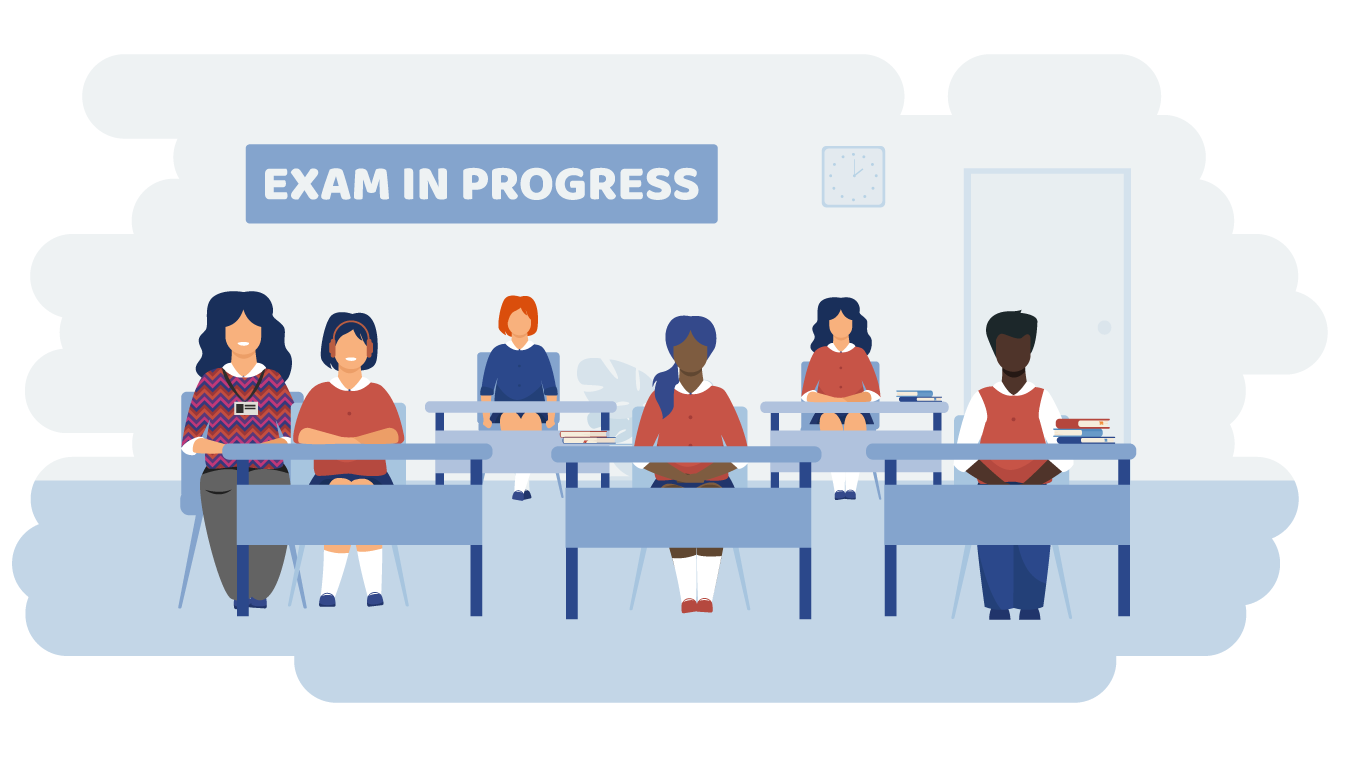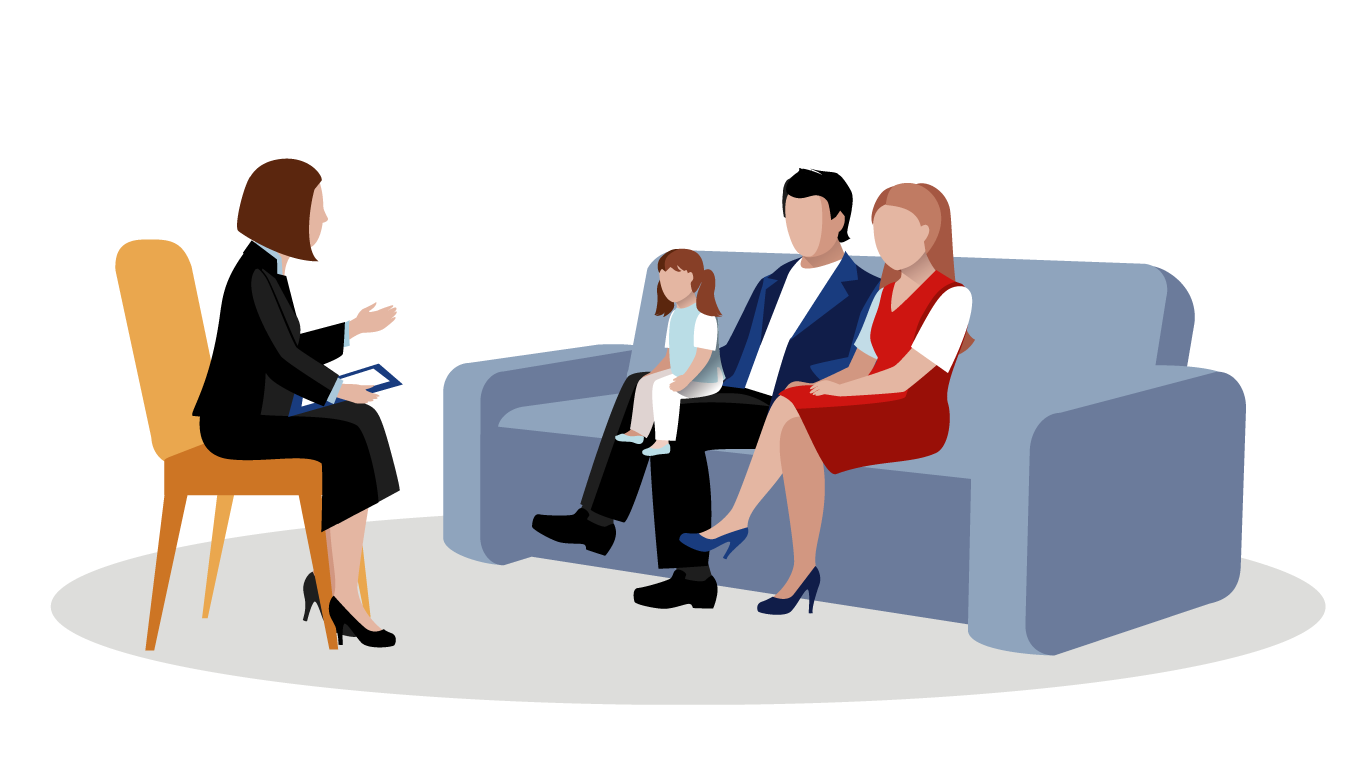Understanding SEND Support in Schools (Overview)

This page explains processes and terms used in supporting SEND in education settings. SEND is a shorter term for Special Educational Needs and Disabilities.
It outlines the Universally Available Provision (UAP) in East Sussex. The aim of the UAP is to support all children and young people to:
- attend their local community school
- to make sustained academic progress
- to develop social and emotional skills
There are laws in place that expect all mainstream schools to identify and support children with SEND.
All support for SEND in schools is defined by:
- the type of support required based on identified need, and
- the level of support required based on severity of need
Each child is unique, so their support may vary in type and level to other children and young people with SEND. The support offered will often change through different stages of their education.
There is no one size fits all approach. Parents, carers, schools, and any relevant professionals will work together to find a package of support for the child or young person.
If you are new to Special Educational Needs and Disabilities, it might be useful to visit our page:

Who Supports SEND in Schools?
Every school in East Sussex will provide inclusive high-quality teaching and learning. This is sometimes called Quality-First Teaching. Every teacher is trained to identify and address SEND as part of their class teaching.
Teachers receive support in each school by the Special Educational Needs Coordinator (SENCo). Every school has a SENCo and their job is to:
- provide expertise on SEND
- lead in the planning of support for children with SEND
- co-ordinate the involvement of specialist and additional services. This depends on the needs of each child
Schools may also have some staff members, such as teaching assistants, who are there to support the class teacher and/or the SENCo. They will also be able to support the learning needs of individuals or groups.
Education East Sussex and Health Services will also support schools where necessary.
For more information on Education East Sussex, visit our page on Education East Sussex SEND Services.
To understand more about the role of health services, please visit the NHS East Sussex Healthcare site:
The 'Broad Areas of Need'
The type of support a child or young person requires is dependent on their individual learning needs. The four different areas that a child or young person's needs might fall in are:
- Communication and Interaction
- Cognition and Learning
- Social, Emotional and Mental Health
- Sensory and/or Physical
Please visit the Supporting the Broad Areas of Need page of this website for more details on these areas of need.
You can also visit this websites sections on SEND Conditions, Assessments and Diagnosis.

Levels of Support
All schools offer SEND support. The tailor the level of support to the individual needs of a child or young person.
A child or young person might need lots of support in one area while requiring less in another. The level of support a child requires can change through the different stages of their education.
We describe the levels of support in East Sussex as:
- Universal - This is good, inclusive, high-quality teaching and learning can meet the needs of the child or young person. The child or young person needs minimal adjustments to the learning experience.
- Targeted - The support needs of a child or young person requires specific adjustments. This will include the involvement of the SENCo. This may also include further supporting professionals, such as Educational Psychology. Health services may assess a child for specific conditions or needs.
- Enhanced - The support needs of a child or young person are significant and need a co-ordinated approach. This will involve school staff and supporting professionals. This can include an Education, Health and Care Plan. It may also include special provision or a special school placement.
Deciding the Levels of Support for Each Child or Young Person (Graduated Approach)
The Graduated Approach determines what level of support a child or young person needs. This approach is often called Assess, Plan, Do, Review, for simplicity.
When your child has SEND, the school should set out a written plan. This will explain how they will look after your child, and how they will support their learning. This is the case whatever age your child is. Other names for the plan include:
- Additional Needs Plan (our preferred term)
- Specific Support Plan, and
- Provision Map
Ask your child’s school what they call theirs.
All Additional Needs Plans in East Sussex should follow the same process and steps.
These steps include:
- Assess - The school will carry out a clear analysis of a pupil’s needs and identify barriers to learning. This will be in partnership with parents, carers, and any supporting services.
- Plan - The school will agree outcomes you are seeking and interventions and support in place.
- Do - The school and any supporting services will carry out the support plan for a set period of time.
- Review - A review into the effectiveness of the support and impact on the pupil’s progress, and a new plan will be set out. If the pupil requires more support or further assessments, it will be set out in the Review. Usually, a review would happen 3 times a year.
Speak to your child's SENCo to find out their particular process and how they will involve you.
Higher Levels of Need
When a child or young person has higher levels of need their support is usually co-ordinated via an Education, Health and Care Plan (EHCP).
An EHCP is a legal document which describes:
- a child’s special educational needs
- the support they will get
- the outcomes the plan is aiming to achieve
An EHCP offers more involved and higher level support than an Additional Needs Plan.
You can find out more information by visiting this websites pages on Education, Health and Care Plans.
Higher levels of support will include the involvement of support services. This includes services from Education East Sussex or the NHS.
Find out more by visiting the Education East Sussex SEND Services page.
Additional Help and Support
Amaze SENDIASS
Amaze SENDIASS (Special Educational Needs and Disabilities Information Advice and Support Service) are a local charity. They offer free, independent, and impartial advice for all matters relating to SEND. Contact Amaze SENDIASS by:
- Phone - 01273 772 289
- Email - sendiass@amazesussex.org.uk
Visit the Amaze SENDIASS web page.
East Sussex Local Offer directory of services
You can visit our SEND-specific online directory, hosted on East Sussex 1Space. The directory lists many different services both throughout the county and online. Services cover many topics, including:
- Advice, Guidance and Support Groups
- Activities and Events
- Mental Health and Wellbeing Support
Visit the East Sussex Local Offer directory.
NHS - Health A to Z
The East Sussex Local Offer aims to provide as much information as possible. There may be some conditions that aren't covered in thorough detail. The NHS website has pages that list all conditions. These pages provide information and advice on how to get extra support:
Visit the NHS Health A to Z web page.
Glossary of East Sussex SEND Terms
We explain some of the terms used on this website on our page, Glossary of East Sussex SEND Terms.